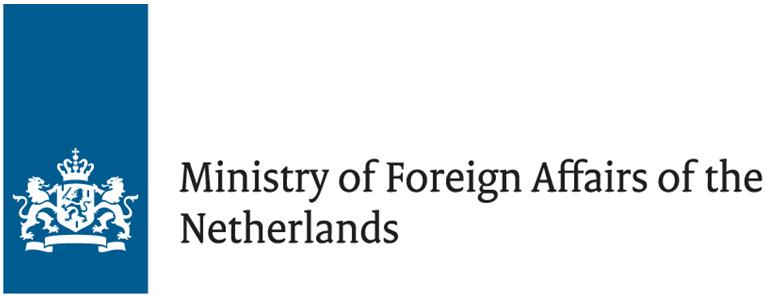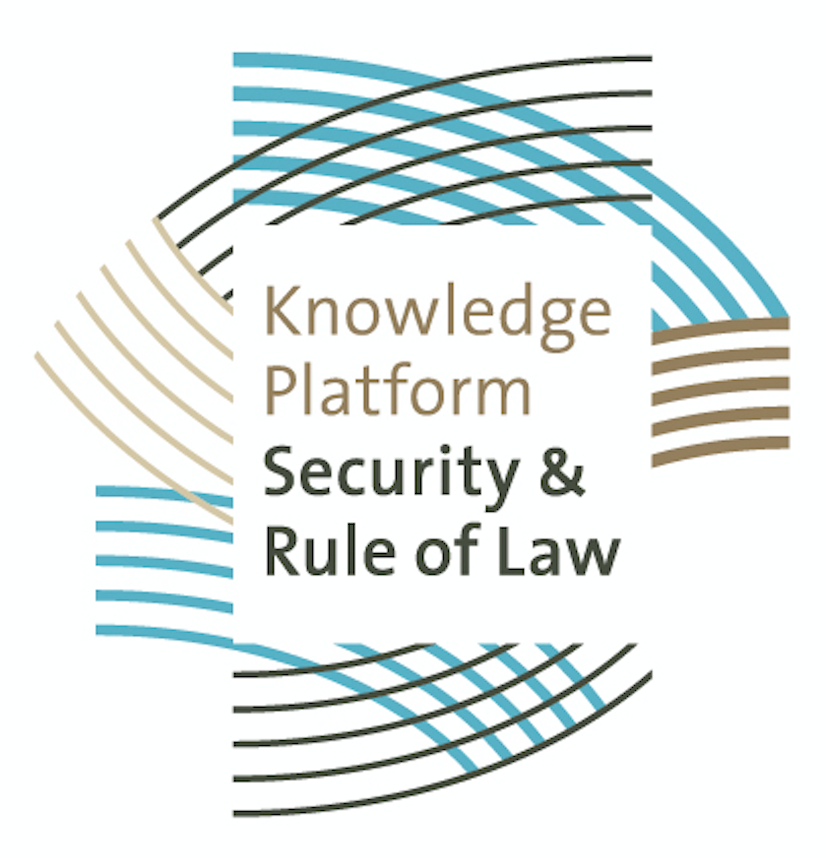-
Effective Human Security Approaches
Effective Human Security Approaches
Towards More Effective Human Security Approaches in the Context of the Emerging Threat of Violent Extremism in Jordan, Lebanon, and Tunisia

Project Brief
This project will work with various stakeholders to develop a Theory of Change for human security efforts that better responds to the emergent threat of violent extremism in Jordan, Lebanon, and Tunisia.
Overview
The Theory of Change that informs ‘human security approaches’ states that addressing the underlying causes of conflict — voids in development, opportunities, and rights — is the most effective way to preserve security and promote resilience. The emergent threat of violent extremism, however, has modified the policy environment in which such approaches are designed and implemented. Greater emphasis on preventing security incidents has narrowed the space for people-centred human security approaches. This particularly affects vulnerable groups and marginalised individuals.
While measures aimed solely at preventing security incidents may improve security in an immediate sense, it is argued that they often disempower communities, aggravate local conflicts and compromise human security programming goals. This is particularly critical for four human security pillars: employment and education, political exclusion, social justice and women empowerment. Such policy responses contradict the emerging scholarship on radicalisation which identifies communities as pivotal in countering extremism.
Overarching challenges are the absence of an advanced evidence base and a lack of common ground between the security and development-humanitarian sectors. These actors have different objectives, reference points and success criteria. This project seeks to respond to this evidential gap and provide a platform to reconceptualise how human security approaches can align with and contribute to counter-extremism policies.
This project tests the hypothesis that human security approaches that empower community stakeholders to participate in and contribute to security dynamics are key to building resilience, and that such approaches should form an integral part of efforts against extremism. The Theory of Change should take into account the relationship between conflict drivers and radicalisation, and modalities for community empowerment, particularly of women and religious leaders.
The project will use the evidence produced to bring together community stakeholders, security policy-makers and development-humanitarian practitioners to develop a Theory of Change for human security efforts that better responds to the new threat architecture. These outcomes will inform the capacity-building of policy, programmatic and community stakeholders to design and implement more effective human security approaches, with a view to bolstering resilience and reducing the risk of violent extremism.
Objectives
- To produce an evidence base on the (i) effectiveness of human security approaches in promoting security, conflict resilience and countering violent extremism, (ii) impact of security-centric policies on the implementation and effectiveness of human security approaches (iii) impact of security-centric policies on community conflict dynamics and violent extremism triggers.
- To bring together community stakeholders, security policy-makers and development-humanitarian practitioners to develop an evidence-based Theory of Change for human security that better responds to the new threat architecture.
- To translate this Theory of Change into concrete, evidence-based recommendations for human security policy and programming, and articulate practical measures for how community stakeholders can participate in policy development on human security and countering extremism.
- To build the capacity of policy-makers, programmatic agencies, community stakeholder representatives and donors in three countries to design and implement human security approaches that complement counter-extremism efforts.
Research Stages
- Desk research on the relation between state security policies, human security and countering violent extremism in the WANA region, in particular in Jordan, Lebanon, and Tunisia
-
Field research including:
- 163 key stakeholder interviews, which means 54 per country or 9 per community (3 security policy actors; 3 INGO HS program leads; 3 CBOs and NGOs implementing human security programmes)
- 36 one‐day workshops with a total of 900 participants (2 workshops in each of the 18 communities with 25 participants in each workshop)
- 18 focus group discussions (FGDs) with 240 marginalised individuals who may be vulnerable to recruitment by extremist groups (6 FGDs per country, or 1 per community, with 13 to 14 participants in each FGD)
- Three policy labs with government and security actors along with donors and civil society to arrive at a new reconceptualisation of human security to meet current regional challenges
This project is led by the WANA Institute, funded through the Netherlands Organisation for Scientific Research (NWO-WOTRO), commissioned by the Ministry of Foreign Affairs of The Netherlands, and developed in close collaboration with the Knowledge Platform Security & Rule of Law.



Consortium partners:


Publications
- Desk Review: "Towards More Effective Human Security Approaches in the Context of the Emerging Threat of Violent Radicalisation in Jordan, Lebanon, Tunisia”
- Post-Daesh and Still Desperate: The Ongoing Drivers of Violent Extremism in Jordan, Tunisia, and Lebanon
- Engendering Extremism: Gender Equality and Radicalisation in the WANA Region
- Midterm Workshop Report: “Towards More Effective Human Security Approaches in the Context of the Emerging Threat of Violent Radicalisation in Jordan, Lebanon, Tunisia”
- Policy Lab Report: Reconceptualising Human Security in Jordan
- Reconceptualising Security: Why Now?
- Policy Lab Report for Tunisia (in Arabic)
- Policy Lab Report: Reconceptualising Human Security in Lebanon
- Determinants of Human Security and State-Centric Security in Karak
- Human Security in Tafileh: Trends and Perceptions
- A Read of Human and Population Security: Russeifa as a Case Study
- Determinants of Human Security and Hard Security in Ajloun
- Human Security: Localised Insights from Baalbek
- Towards Comprehensive Human Security in Tripoli
- Embracing Social Exclusion in Douar Hicher: Isolation and Code Words
- Sectarian Politics, Human Security, and the Quest to Prevent Violent Extremism in Lebanon
- The Battle of Ben Guerdane: Between Savagery and Resilience
- Rethinking the Concept of Human Security and Its Approaches to Preventing and Combating Violent Extremism in Tunisia
- White paper: Towards More Effective Human Security Approaches in the Context of the Emerging Threat of Violent Radicalisation in Jordan, Lebanon, and Tunisia
- End-of-Project Workshop Report: “Towards more effective human security approaches in the context of the emerging threat of violent extremism in Jordan, Lebanon, and Tunisia”.
- Theory of Change: Towards More Effective Human Security Approaches in the Context of the Emerging Threat of Violent Radicalisation in Jordan, Lebanon, and Tunisia
